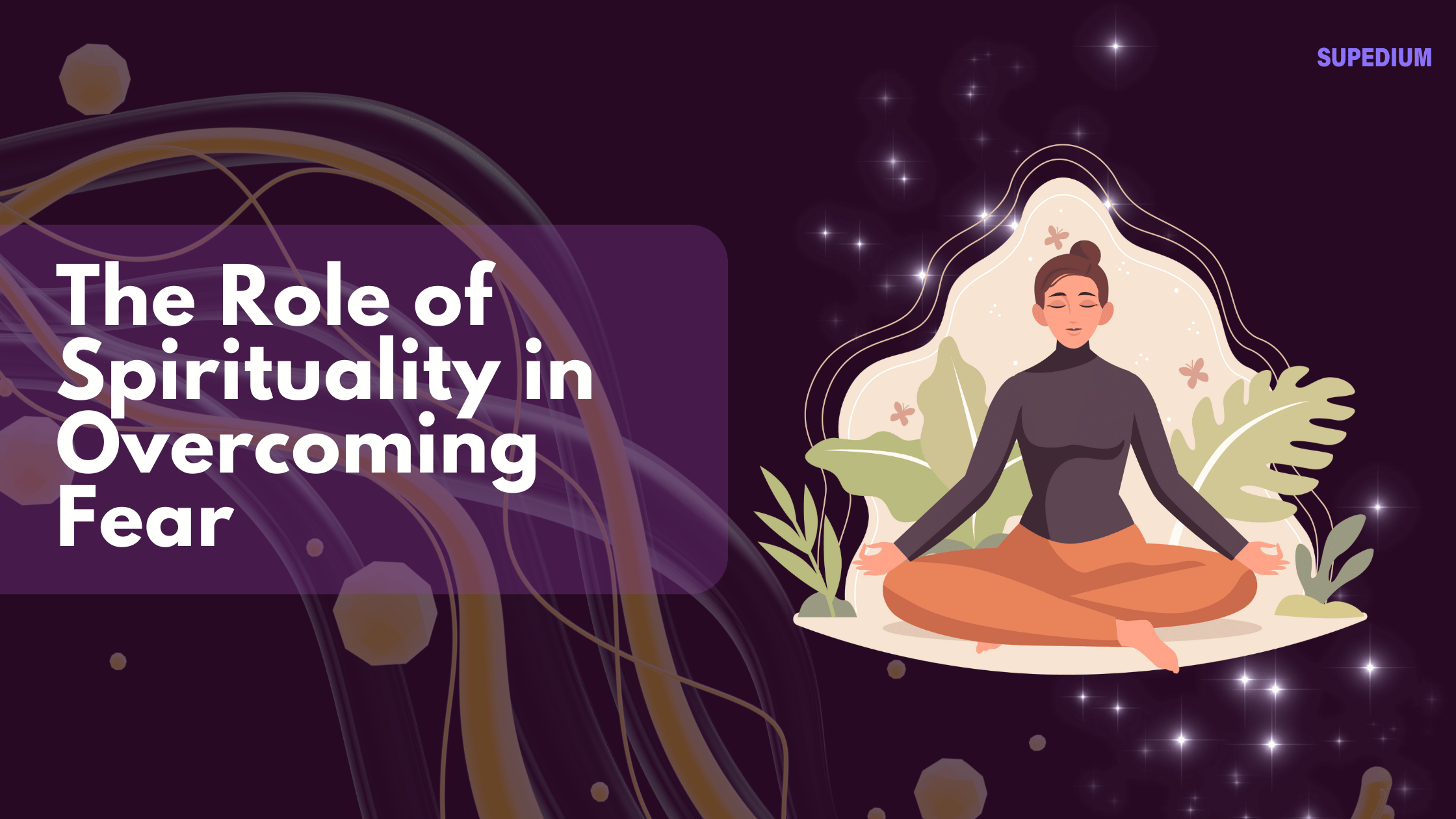Table of Contents
![]()
Religion has been a fundamental aspect of human societies for millennia, shaping cultures, morals, and worldviews. Understanding the origins of major world religions provides insight into how these belief systems have influenced the development of civilizations and continue to impact global culture today. This article explores the foundational aspects of Hinduism, Buddhism, Judaism, Christianity, Islam, and other significant religions.
Hinduism
Historical Context
Hinduism, often regarded as the world’s oldest major religion, traces its origins back to the ancient Indus Valley Civilization (circa 2500-1500 BCE), located in present-day Pakistan and northwest India. This early society had a rich culture and complex urban planning, suggesting that religious practices were integral to their way of life.
The Vedic Period (circa 1500-500 BCE) marks a crucial phase in the development of Hinduism. During this time, the Indo-Aryan peoples migrated into the Indian subcontinent and composed the Vedas, which are the oldest sacred texts of Hinduism. These texts laid the foundation for various religious ideas and practices.
Foundational Texts
Hinduism’s sacred literature includes the Vedas, Upanishads, and epics such as the Mahabharata and Ramayana. The Vedas, composed in Sanskrit, consist of hymns, rituals, and philosophical discussions. The Upanishads, philosophical texts that explore the nature of reality and the self, emerged later and are considered the core of Hindu philosophical thought. The epics, particularly the Mahabharata, which includes the Bhagavad Gita, and the Ramayana, offer narrative frameworks that illustrate the application of religious principles.
Key Deities and Concepts
Hinduism is characterized by a diverse pantheon of deities, with Brahma (the creator), Vishnu (the preserver), and Shiva (the destroyer) being central figures. The concepts of karma (the law of cause and effect), dharma (duty/righteousness), and moksha (liberation from the cycle of rebirth) are fundamental to Hindu thought and practice.
Development and Evolution
Hinduism has evolved over centuries, incorporating various regional and cultural influences. The Bhakti movement, which began in the medieval period, emphasized devotion to a personal god and challenged the ritualistic practices of earlier traditions. Today, Hinduism remains diverse, with various sects and practices tailored to local cultures and contemporary issues.
Buddhism
Historical Context
Buddhism originated in the 6th century BCE in what is now Nepal, with the life of Siddhartha Gautama, known as the Buddha. Siddhartha’s quest for enlightenment led him to reject the ascetic practices of his time and develop a new path to spiritual awakening.
Foundational Teachings
Central to Buddhism are the Four Noble Truths, which outline the nature of suffering and the path to its cessation. The Eightfold Path, which includes right understanding, right intention, right speech, and other ethical and mental practices, provides a framework for achieving Nirvana, the ultimate state of liberation from suffering.
Major Schools of Buddhism
Buddhism has diversified into several major schools. Theravada Buddhism, prevalent in Southeast Asia, emphasizes adherence to the original teachings of the Buddha and monastic life. Mahayana Buddhism, which emerged later, introduced new scriptures and practices, including the concept of the
Bodhisattva, a being dedicated to helping others achieve enlightenment. Vajrayana, also known as Tibetan Buddhism, incorporates esoteric practices and rituals and has had a significant influence in the Himalayas.
Spread and Influence
Buddhism spread from India to other parts of Asia through missionary activities and trade routes. It reached China, Korea, Japan, and Southeast Asia, where it adapted to local cultures and gave rise to distinct traditions. The spread of Buddhism had a profound impact on art, philosophy, and culture across Asia.
Judaism
Historical Context
Judaism is one of the oldest monotheistic religions, originating among the ancient Hebrew tribes. Key events in its early history include the life of the patriarchs Abraham, Isaac, and Jacob (circa 2000-1500 BCE) and the formation of the Israelite kingdoms. The covenant between God and the Israelites, as described in the Hebrew Bible, forms the basis of Jewish identity.
Foundational Texts
The Hebrew Bible, or Tanakh, comprises the Torah (the first five books), the Prophets, and the Writings. The Torah outlines laws and teachings central to Jewish life and practice. The Talmud, a collection of rabbinic discussions and interpretations of the Torah, further elaborates on Jewish law and ethics.
Key Beliefs and Practices
Judaism emphasizes monotheism and the covenant between God and the Jewish people. Key practices include observing the Sabbath, following dietary laws (kashrut), and engaging in various rituals and festivals such as Passover, Rosh Hashanah, and Yom Kippur. The moral and ethical teachings of Judaism, including justice and compassion, have had a lasting impact on Western thought.
Development and Diaspora
The Babylonian Exile (586-538 BCE) was a pivotal period in Jewish history, leading to significant developments in religious practice and identity. The return to Jerusalem and subsequent periods of Roman rule influenced Jewish thought and practice. Rabbinic Judaism emerged after the destruction of the Second Temple in 70 CE, leading to a focus on synagogue worship and study. The Jewish diaspora has resulted in diverse Jewish communities worldwide, each with its own customs and practices.
Christianity
Historical Context
Christianity began in the 1st century CE with the ministry of Jesus of Nazareth, whose teachings and resurrection formed the basis of Christian belief. Early Christian communities spread the message of Jesus through the Roman Empire and beyond.
Foundational Texts
The New Testament, consisting of the Gospels, Acts of the Apostles, Epistles, and Revelation, is the central text of Christianity. The Gospels describe the life and teachings of Jesus, while the Epistles provide guidance and theological insights. Early Church Fathers and Ecumenical Councils further defined Christian doctrine.
Key Beliefs and Practices
Christianity is centered on the belief in the Trinity (Father, Son, and Holy Spirit) and the concept of salvation through the death and resurrection of Jesus Christ. Key practices include the sacraments of Baptism and Eucharist, which symbolize and celebrate the believer’s relationship with God. Christianity has developed various theological interpretations and practices, including the doctrine of original sin and the concept of eternal life.
Development and Branches
Christianity experienced significant divisions, including the East-West Schism (1054 CE), which created the Eastern Orthodox and Roman Catholic branches, and the Protestant Reformation (16th century), which led to the emergence of various Protestant denominations. Today, Christianity is a global religion with diverse expressions and traditions.
Islam
Historical Context
Islam originated in the 7th century CE in the Arabian Peninsula with the life of the Prophet Muhammad. Muhammad’s revelations, which are believed to have been received from God (Allah) through the angel Gabriel, form the basis of Islamic teachings.
Foundational Texts
The Quran, Islam’s holy book, is considered the literal word of God as revealed to Muhammad. The Hadith, a collection of sayings and actions of Muhammad, provides additional context and guidance for Islamic practice.
Key Beliefs and Practices
Islam’s core beliefs include monotheism (Tawhid), the prophethood of Muhammad, and the Five Pillars of Islam: Shahada (faith), Salah (prayer), Zakat (charity), Sawm (fasting during Ramadan), and Hajj (pilgrimage to Mecca). These practices are central to a Muslim’s faith and daily life.
Development and Branches
Islam has two major branches: Sunni and Shia. Sunni Islam is the largest branch and emphasizes the community’s role in interpreting Islamic teachings, while Shia Islam focuses on the leadership of the Imams, descendants of Muhammad. Historical caliphates and empires, including the Umayyad, Abbasid, and Ottoman, have shaped Islamic history and culture.
Other Major Religions and Philosophies
Jainism
Jainism, founded in ancient India, emphasizes non-violence (ahimsa), non-possessiveness (aparigraha), and the pursuit of spiritual liberation. The teachings of Mahavira, a key figure in Jainism, outline these principles and guide the ethical conduct of Jains.
Sikhism
Sikhism was founded in the 15th century CE by Guru Nanak in the Punjab region of India. Sikhism teaches the oneness of God, equality of all people, and the importance of devotion and service. The Guru Granth Sahib, the central religious text, contains the teachings of the Sikh Gurus.
Zoroastrianism
Zoroastrianism, founded by the prophet Zoroaster (Zarathustra) in ancient Persia, is one of the world’s oldest monotheistic religions. It centers on the worship of Ahura Mazda and the dualistic struggle between good and evil.
Confucianism and Taoism
Confucianism, founded by Confucius in the 5th century BCE, emphasizes moral integrity, social harmony, and proper conduct in personal and political life. Taoism, attributed to Laozi and his work, the Tao Te Ching, focuses on living in harmony with the Tao (the Way), emphasizing simplicity, spontaneity, and balance.
Conclusion
The origins of major world religions reflect a rich tapestry of human thought and spiritual quest. Each religion has its unique history, texts, and practices, yet many share common themes such as the quest for meaning, ethical behavior, and the search for transcendence. Understanding these religions’ origins and development provides valuable insights into their role in shaping human civilization and their continuing influence in the modern world. As global societies become increasingly interconnected, the study of these diverse religious traditions fosters mutual respect and dialogue, contributing to a more harmonious world.
Share This





Be the first to comment